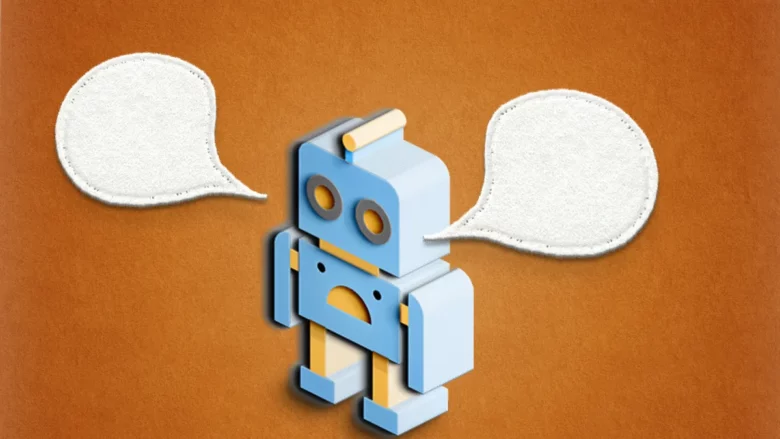Introduction:
Artificial Intelligence (AI) and language models are transforming the way we interact with technology and shaping the future of our world. From chatbots to personalized recommendations, language models are making our lives easier and more convenient. In this article, we’ll explore how language models are changing the way we live and work, what the future holds for AI and language models, and the ethical considerations surrounding their use.
The Advancements in AI and Language Models
Language models have come a long way in recent years, with breakthroughs in Natural Language Processing (NLP) and Deep Learning. The development of new and improved algorithms has allowed language models to better understand and interpret human language, leading to more accurate and effective responses.
One of the most important advancements in language models has been the development of Generative Pre-trained Transformer 3 (GPT-3), which is one of the largest and most powerful language models to date. GPT-3 has the ability to generate human-like text and perform a variety of language tasks, including question-answering and machine translation. This has opened up a whole new world of possibilities for language models and their applications.
The Impact of Language Models on Various Industries
Language models are having a profound impact on various industries, from finance and healthcare to customer service and retail. For example, chatbots powered by language models are revolutionizing customer service, providing instant and personalized responses to customer inquiries. In the healthcare industry, language models are being used to analyze vast amounts of medical data and provide more accurate diagnoses and treatments.
In the finance industry, language models are being used to analyze vast amounts of data and make predictions about market trends and investment opportunities. This is helping financial institutions make more informed decisions and stay ahead of the curve.
The Potential Uses and Applications of Language Models
The potential uses and applications of language models are virtually limitless. In addition to chatbots and personalized recommendations, language models can be used for language translation, sentiment analysis, and even in the development of self-driving cars. As technology continues to evolve, the potential uses and applications of language models will only continue to expand.
Ethical Considerations Surrounding the Use of Language Models
As with any technology, there are ethical considerations surrounding the use of language models. One of the biggest concerns is the potential for bias and discrimination, as language models can perpetuate and amplify existing biases in society. There is also the issue of privacy, as language models collect and analyze vast amounts of personal data.
To mitigate these risks, it’s important for companies and organizations to adopt ethical AI practices and ensure that their language models are free from bias and discrimination. This includes regular audits and evaluations of language models to ensure they are performing as expected and addressing any issues that arise.
The Future of AI and Language Models
The future of AI and language models is bright, with many exciting advancements and innovations on the horizon. As language models continue to improve, they will play an even larger role in our lives, changing the way we work and interact with technology. Some experts predict that language models will eventually become so advanced that they will be able to mimic human conversation and thought, leading to even more transformative and disruptive innovations.
One of the most exciting possibilities for the future of AI and language models is the development of true AI assistants, capable of performing a wide range of tasks and adapting to our needs and preferences. This could include everything from scheduling appointments and managing finances to providing personalized recommendations and even offering emotional support.
Conclusion:
The rise of AI and language models is transforming the way we live and work, with far-reaching implications for various industries and aspects of our lives. From chatbots to personalized recommendations, language models are making our lives easier and more convenient. As technology continues to evolve, the future of AI and language models is full of exciting possibilities, including the development of true AI assistants and the potential for even more transformative and disruptive innovations. However, it is important to consider the ethical considerations surrounding the use of language models and ensure that they are free from bias and discrimination. The future of AI and language models is exciting and holds great potential, and it will be interesting to see how they continue to shape our world in the years to come.
